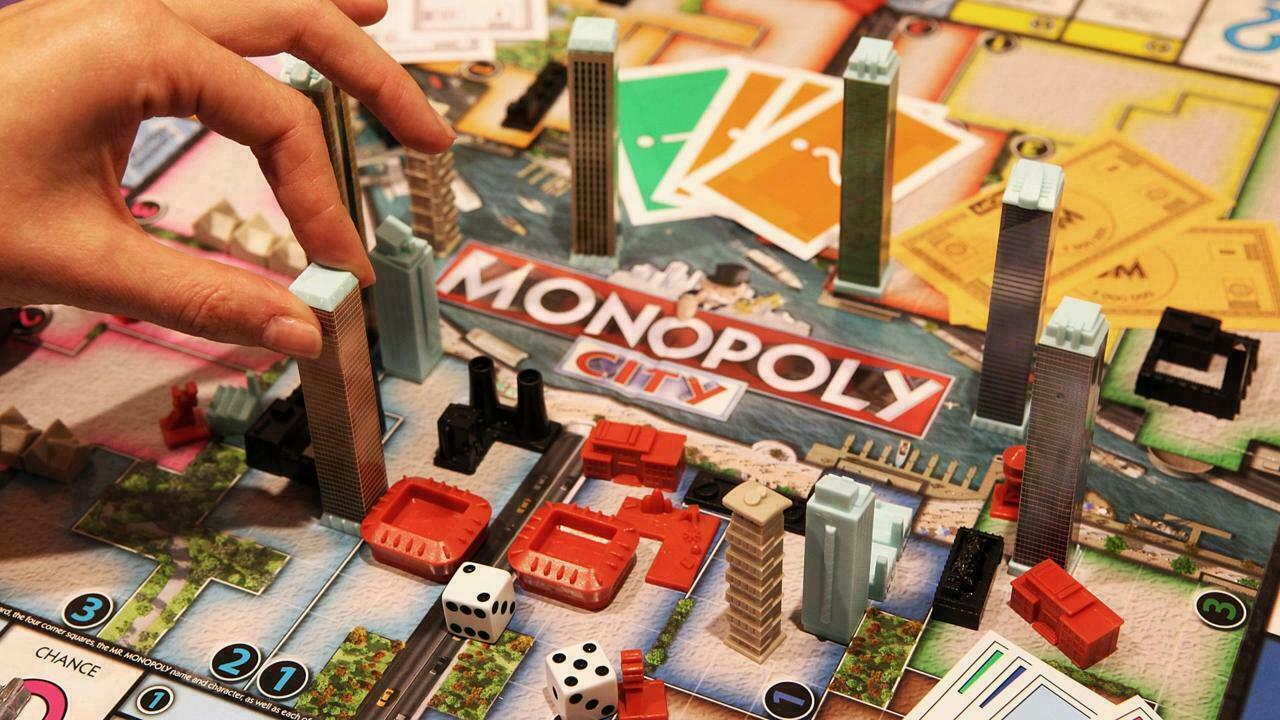The close to the same grin that spreads throughout the faces of the two twins is sufficient to mild up any room. Taking shelter in a converted room at a sports complex in Birmingham, England, for a talk with FIFA.Com because of the rain battering down out of doors, Mohammed and Hussain’s warm temperature and brightness are much preferred. The smiles on the 17-year-olds’ faces belie a stricken returned story, though.

They were pressured from their place of birth in Afghanistan by using warfare after losing a circle of relatives, individuals, and close neighbors to the war. They left their mom and others behind in a search for protection. Traveling across Europe, they ended up within the notorious Calais’ Jungle’, elderly 14.
“It was very tough,” Mohammed remembers. “But we had been playing soccer there too with our pals. It was suitable to play soccer during this hard time.”
After over two years in Calais, the pair came to the United Kingdom—one after the other.
RELATED ARTICLES :
- Fight for what virtually matters on health care reform
- Society’s Shift From Free Play to Sports
- Ban Blood Sports
- Julia Gillard: ‘In many approaches, my life has come full circle.‘
- How Falling In Love With Harry Potter Shaped My Life
“We’ve now not always been together,” stated Mohammed, flashing another wide smile to Hussain, apparently appreciating his mere presence. “We were separated after Calais for approximately two or three months. We had a few touches via cell phone. I became involved because I was that ved first in the UK, and he was nevertheless in Calais.”
That may also appear like a strange observation unless you don’t forget that I had the privilege of spending a pair of days lately with existence-making plans luminary George Kinder. Among other blessings, I have become capable of reacquainting myself with his well-known three questions, which are elegantly designed to gradually bring us closer to the stuff of life that is the most crucial to us.
The last question invites us to discover what benchmark lifestyle reviews we would leave unaccomplished if we had one day left on this Earth. As you may suspect, even in a room packed with financial planners, attaining a different competitive portfolio posture becomes, possibly, the farthest from everyone’s thoughts.
Meanwhile, full of the objects that humans did list represented studies (no longer things) that, individually, were outside of their to-date unarticulated–however now obtrusive–comfort zones.
Participants almost universally wished they’d taken more significant risks in life—educationally, relationally, experientially, professionally, and vocationally.
Similarly, the most significant studies they had enjoyed to this point in lifestyles were those that pushed the limits of their consolation zones, expanding their risk tolerance.
Yes, we each have a unique tolerance for danger, but regardless of how full our threat reservoir is, its miles are an exhaustible aid. Therefore, the greater the threat you’re taking for your portfolio—the greater volatility you are enduring, and the more tremendous clear up you’re expending to stay in the direction—the much less threat you have to spend on the relaxation of your life those in my haveho’ve made their lifestyles’ paintings to persuade buyers of the blessings of hazard-taking in investing. And to be clear, those benefits have been validated, traditionally, to be accurate. Those who take an extra chance in supporting–strategically, thoughts you, now not haphazardly–may also justifiably assume to acquire greater rewards from their funding portfolio over the long-term.
But at what fee? How much risk tolerance did you have to expend to bear losing at least 1/2 the price of your competitive, well-assorted all-equity portfolio at some stage in the worst of the monetary disaster? How is a whole lot of sleep misplaced? How many more meaningful existence experiences did you bypass while you have been laborious in your remedy for living the proverbial route?
And for what gain? Assuming you didn’t do what studies propose we’re at risk of doing–bail out at the worst feasible time, thereby eliminating any advantage to the white-knuckle trip–you may have made extra cash.




